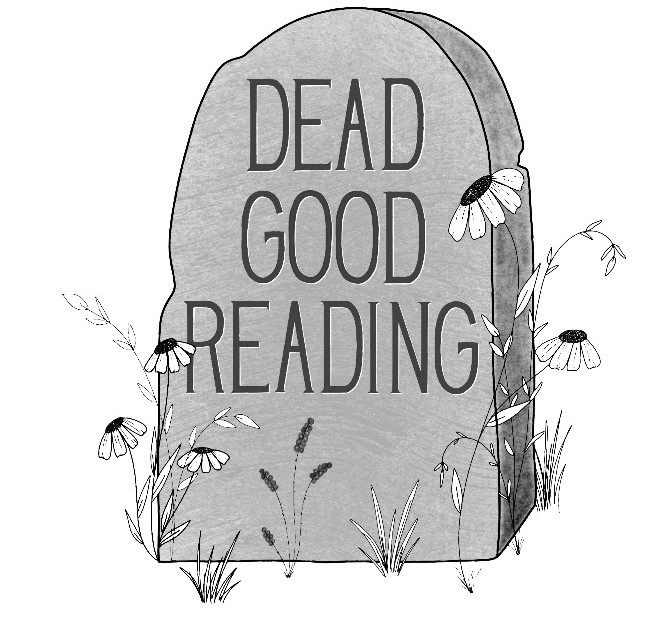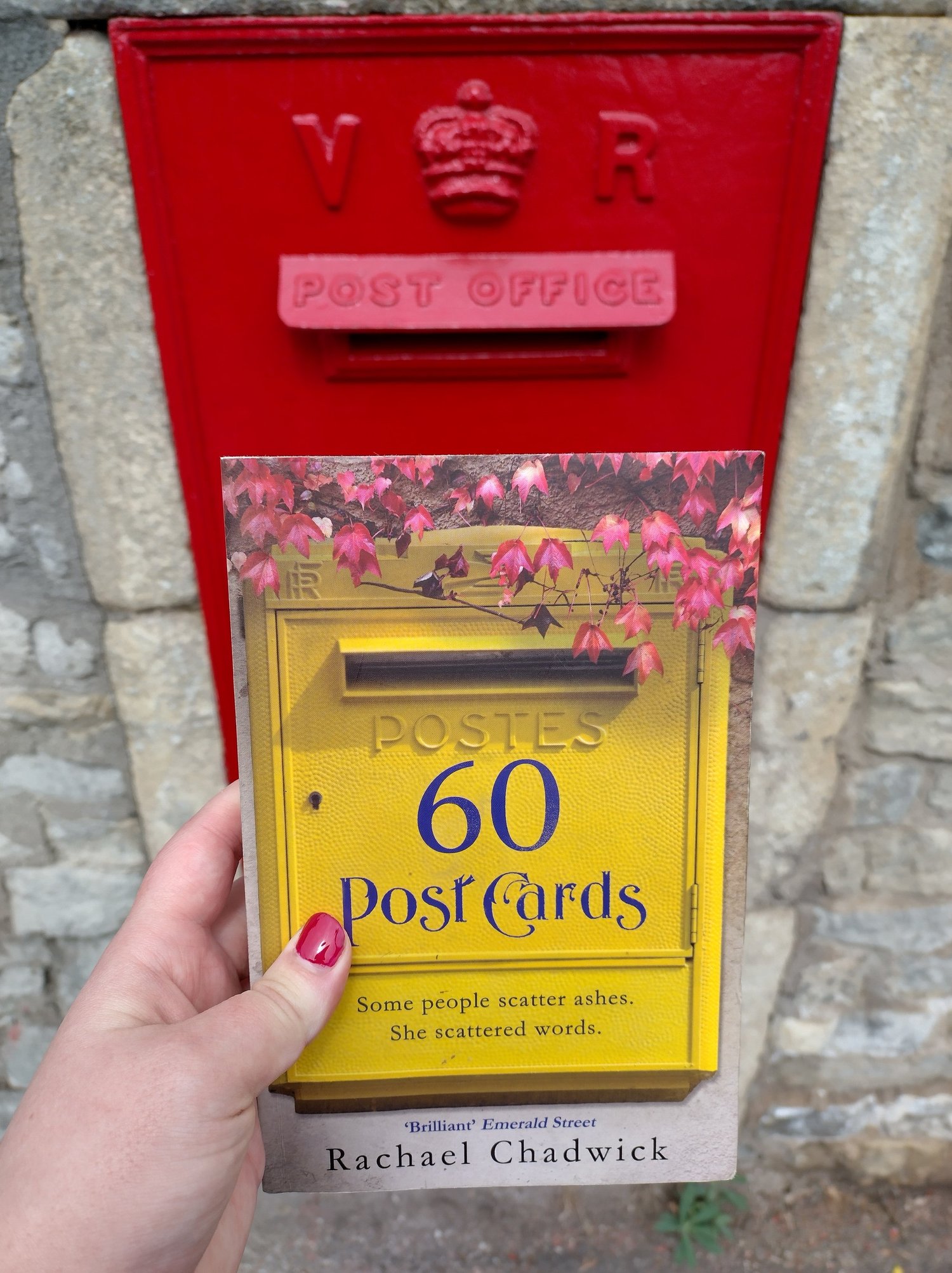A lot can happen in 16 days. Your whole world can change in 16 days. The last book I wrote about was Sixteen Days by Victoria Wilson-Crane. In this book she describes the 16 days between her niece’s death and funeral, and how messy those days can get. Rachael Chadwick similarly talks about 16 days in her book 60 Postcards. There were only 16 days between Chadwick’s mother receiving a cancer diagnosis and her death. In just over 2 weeks, Chadwick’s world was turned upside down, as one of the cornerstones of her life was crudely taken away by a very aggressive cancer.
The main word that came to me whilst reading 60 Postcards was the Dutch word lief, which roughly translates into ‘sweet’, or ‘adorable’ or ‘nice’. But all these words, in English, sound a bit condescending, and that is not what I am going for. I am curious to see if this is the same for others, or if it is just me, but the words I will use to describe my feelings towards this book are: charming and lovely. 60 Postcards is a charming, and lovely, creative response to maternal loss.
On the weekend that should have been her mother’s sixtieth birthday, Chadwick went to Paris with a group of friends. During this trip she scattered 60 handwritten postcards throughout the city. On the cards she wrote:
“LIS S’IL VOUS PLAIT! PLEASE READ!
Bonjour/Hello!
I’m Rachael from London, visiting Paris with my friends for the weekend in memory of my mother who passed away in Febuary. To remember her and to celebrate her 60th birthday, I am leaving 60 postcards around Paris. I am going to document this weekend in a blog and I would love you to be a part of it. Please email me with your name and a little story about what you were doing when you found this! Please feel free to leave it for someone else to find!
Thank you/Merci!
Rachael xxx”
— 60 Postcards. Page: 98-99
Chadwick left an email address on the cards, for people to write to, and was blown away by the response she received to this project; firstly that people had found her cards, and secondly, that they had taken the time to respond to her. And while I understand the initial surprise, Chadwick remains shocked and surprised throughout the entire book. I would have loved for her to have been less surprised, as the postcard idea is, and her is the word again, lovely! And I would have definitely responded if I had found one of her cards.
Chadwick’s postcards did not just stay in Paris, someone even took one of her postcards to New York. People from various corners of the world got in touch, and the cards got a life of their own.
I am wondering, whether continuously expressing this sense of shock of people responding to her cards, was a way to not go any deeper into the emotions she was feeling towards the death of her mother. At the start of the book, Chadwick writes an email, and notes that she has written this in a tone to not upset the receiver of the email, to not show too many emotions. She notes that the language of the email does not reflect how she really felt. And I got this sense in parts of the book as well, as Chadwick seemed to be ‘fine!’ and ‘amazed!’, and her use of exclamation marks felt in parts excessive. There is a fine balance to strike between talking about the loss of your mother, and the joy you have in embarking on a creative project. This tension is also touched on in Crying in H-Mart, as Zauner describes feeling uncomfortable that her most successful songs are the ones about her mother. Creative outputs like 60 Postcards often carefully balance between being ‘a sad book’ and being ‘a happy book’, and Chadwick has erred on the ‘happy book’ side of the scale.
I wonder what would have happened to Chadwick had she not decided to start her 60 Postcards project, as it feels like this project was the thing that kept her going. Something to focus on, and give all her attention to. Two of my friends have recently lost their mothers, and I can see them both being a bit lost and without guidance. The 60 postcards project is a wonderful way to honour a person who has died, and shows the power of creativity in times of loss.
The strength of 60 Postcards is exactly that: it allows you to think creatively about death and loss. I am definitely inspired to do some postcard project in Helsinki, and will need to give it some thought as, like Chadwick, I don’t want to leave my address floating around the streets (and also there is a short window to leave postcards here, without them being destroyed by rain or snow).
As we are coming towards the end of my blog, I have to admit that it was a bit difficult to get hold of a copy of 60 Postcards, as I think it is out of print. You can buy a copy second hand (like I did), but luckily Chadwick has also chronicled her journey on a blog, similarly titled 60 Postcards. The book came after the blog and was published in 2014, but Chadwick is still writing blogs to this day, showing the everlasting impact her mother’s death has on her life. Her initial idea was to start a blog based on the postcards, but as you can see on the site, Chadwick continues to think of new creative ways to express grief, and to connect others who have experienced death and loss. Her work shows that death is not an end-point, but the start of a new journey, with a range of emotions and milestones and that a simple gesture can make the world of difference.
To learn more about Rachael Chadwick and 60 Postcards, visit her website.


Leave a Reply